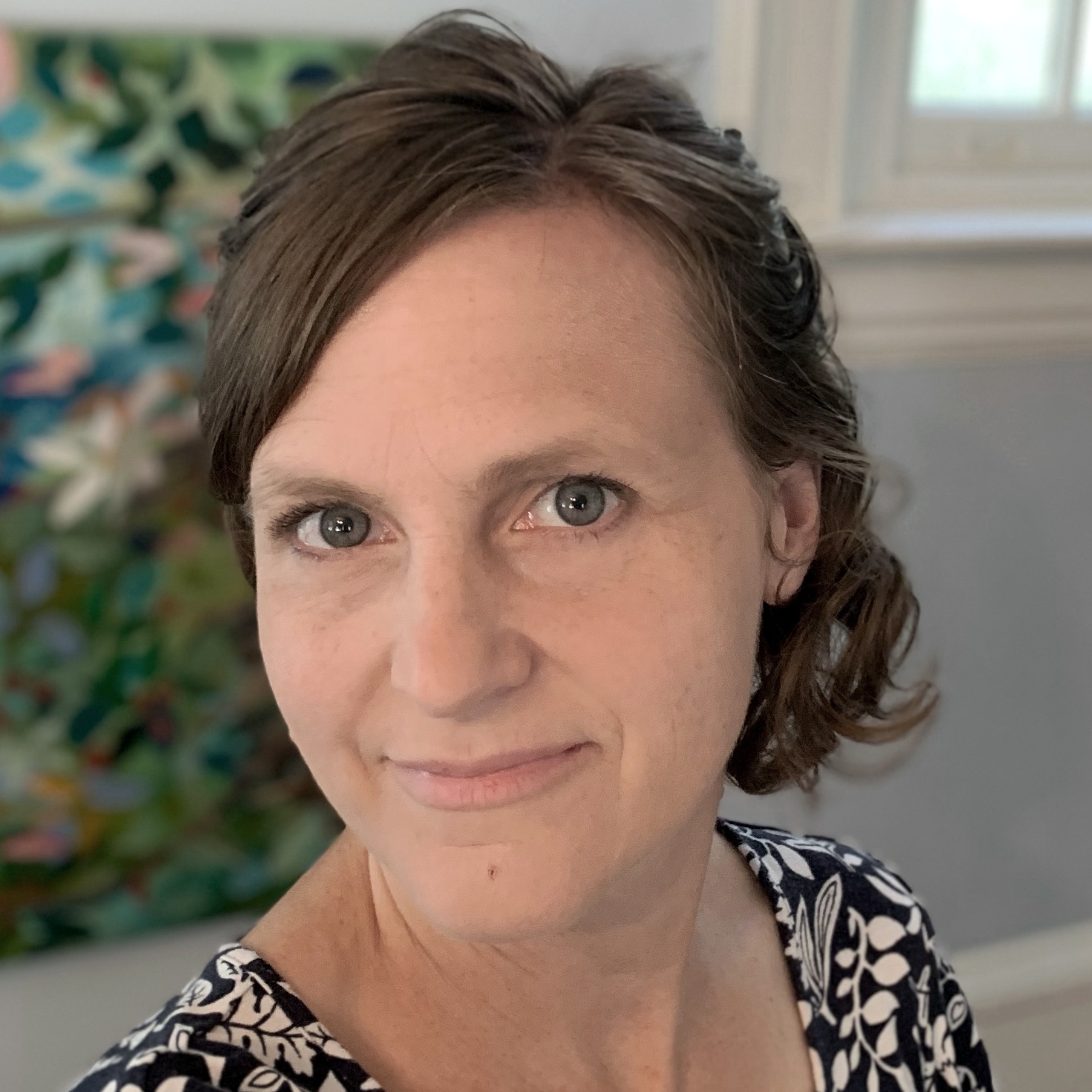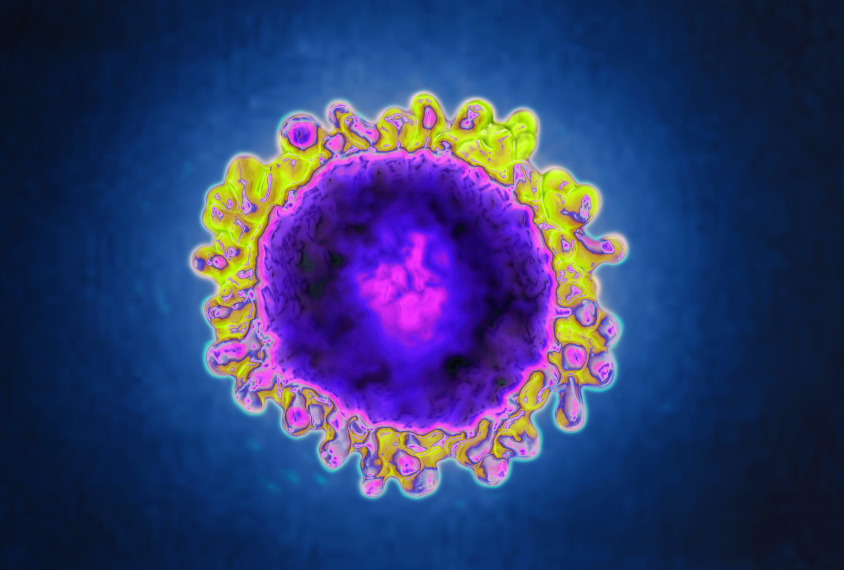Whitney Schott is a research scientist at the A.J. Drexel Autism Institute at Drexel University in Philadelphia, Pennsylvania.

Whitney Schott
Research scientist
Drexel University
From this contributor
How to protect vulnerable autistic adults during the coronavirus pandemic
Autistic adults are especially prone to contracting COVID-19 and to having complications from it. We need mitigation strategies and vaccination policies to better protect them.

How to protect vulnerable autistic adults during the coronavirus pandemic
Explore more from The Transmitter
Organoids and assembloids offer a new window into human brain
These sophisticated 3D cultures reveal previously inaccessible stages of human brain development and enable the systematic study of disease genes.

Organoids and assembloids offer a new window into human brain
These sophisticated 3D cultures reveal previously inaccessible stages of human brain development and enable the systematic study of disease genes.
Who funds your basic neuroscience research? Help The Transmitter compile a list of funding sources
We want to hear from you about the sources of funding for your research.
Who funds your basic neuroscience research? Help The Transmitter compile a list of funding sources
We want to hear from you about the sources of funding for your research.
The future of neuroscience research at U.S. minority-serving institutions is in danger
Cuts to federally funded programs present an existential crisis for the University of Puerto Rico’s rich neuroscience community and for research at minority-serving institutions everywhere.

The future of neuroscience research at U.S. minority-serving institutions is in danger
Cuts to federally funded programs present an existential crisis for the University of Puerto Rico’s rich neuroscience community and for research at minority-serving institutions everywhere.